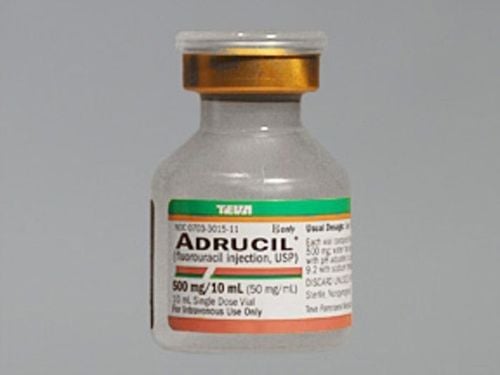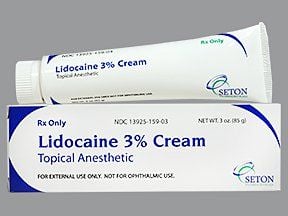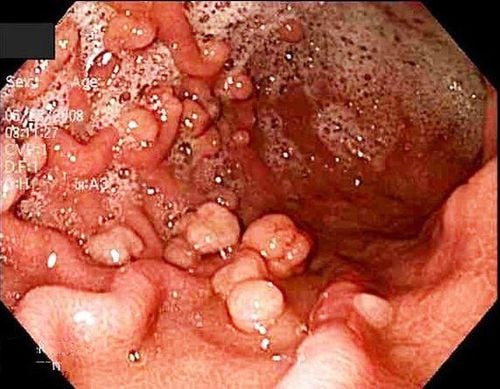This is an automatically translated article.
Colonoscopy is highly appreciated by specialists for its value in early colon cancer screening. This is a safe and highly effective method in detecting diseases in the digestive system, screening and screening for colorectal cancer early today.1. Importance of colonoscopy
Gastrointestinal endoscopy or colonoscopy is a medical technique used to diagnose or treat colorectal pathologies, the most reliable method for diagnosing polyps and colon cancer. During colonoscopy, the doctor will use a flexible endoscope to insert it into the colon, at the end of the scope, there is a camera attached to clearly see inside the colon lining, detect lesions and abnormalities such as colitis, polyps, tumors... From there, there is an effective and correct treatment.The role of colonoscopy Colonoscopy helps doctors detect abnormalities such as ulcerative colitis, polyps, benign or malignant tumors, bleeding colon lesions. Currently, with a generation of modern endoscopes such as magnifying endoscopes combined with Narrow Band Imaging (NBI), chromoendoscopy, doctors can detect healthy mucosal areas. and cancer more clearly and thereby helping to biopsies effectively, accurately into the area with cancer cells, allowing detection of small lesions including lesions as small as 2 mm ... When detecting abnormalities Usually, doctors can conduct interventions such as: Biopsy, taking samples to diagnose cell changes, accurately diagnosing cancer, through endoscopy, doctors can intervene to stop bleeding (if you bleeding) or polyps to avoid bleeding polyps, cancer.
The diagnostic colonoscopy takes place from 15 to 30 minutes, endoscopy patients are anesthetized and can be discharged immediately after colonoscopy 1-2 hours. In addition, the doctor can do a colonoscopy without anesthesia ie the patient is fully awake during the colonoscopy, but the patient may feel heaviness in the lower abdomen or a slight pain depending on the pain sensation of each patient. People.
Besides, capsule endoscopy can help diagnose pathology in the colon, i.e. the patient swallows a small camera. During the digestive process, the camera will observe the entire digestive tract and record information, the time to observe the entire digestive tract (stomach - small intestine - colon) takes from 6 to 10 hours. The advantage is that the patient only has to swallow a camera like swallowing a pill, observing the entire digestive tract, but the disadvantage is that there is no biopsy specimen when there is an injury. This is also a passive endoscopy that depends on gastrointestinal peristalsis, so assessing damage in the stomach and colon will be limited because there is a hidden angle that the camera cannot see.
2. When does the doctor order a colonoscopy?
Patients should have a colonoscopy when they have the following signsAbdominal pain, change in bowel habits, diarrhea, constipation, prolonged, unexplained weight loss. Have microcytic iron deficiency anemia of unknown cause. Blood in stool, positive fecal erythrocytosis test (FOBT+) for unknown reason History of polyps or previous colon cancer Chronic ulcerative colitis, Crohn's disease Over 40 years of age in need of colonoscopy screening, people in blood (parents, siblings...) have colon cancer, polyps have a familial nature. Meaning of colonoscopy Colonoscopy is considered an effective method of colon cancer screening that is recommended by doctors and experts. According to the recommendations of the American Cancer Society, the American Gastroenterology Association, screening colonoscopy begins at the age of 40-45 and repeats after 5 years (provided that the previous colonoscopy is completely normal).
In addition, subjects with a high risk of colorectal cancer after also need periodic colonoscopy to screen for early disease
Have had colon cancer, have a high risk of recurrence Women with a history of have ovarian, cervical or breast cancer at high risk for colon cancer, need early screening colonoscopy In the family, there is a family history of familial polyposis, colorectal cancer Ulcerative colitis colon, chronic enteritis also has a high risk of colon cancer Over 40 years old smoke a lot and drink alcohol.

Người từng bị ung thư đại tràng hoặc phụ nữ có tiền sử mắc bệnh phụ khoa nặng cần được nội soi tầm soát sớm
3. How should colon cancer be screened?
It takes an average of 5 to 10 years for polyps to develop into cancer. Therefore, it is important to detect polyps. The ideal and most appropriate time to have a colonoscopy is every 5 years, and should be started as early as age 40 in both men and women. Along with that is the method of testing red blood cells in the stool every year. If the test is positive, it means that there is microscopic blood in the stool, then a colonoscopy should be performed immediately, because this can be a sign of polyps or colon cancer.Please dial HOTLINE for more information or register for an appointment HERE. Download MyVinmec app to make appointments faster and to manage your bookings easily.













